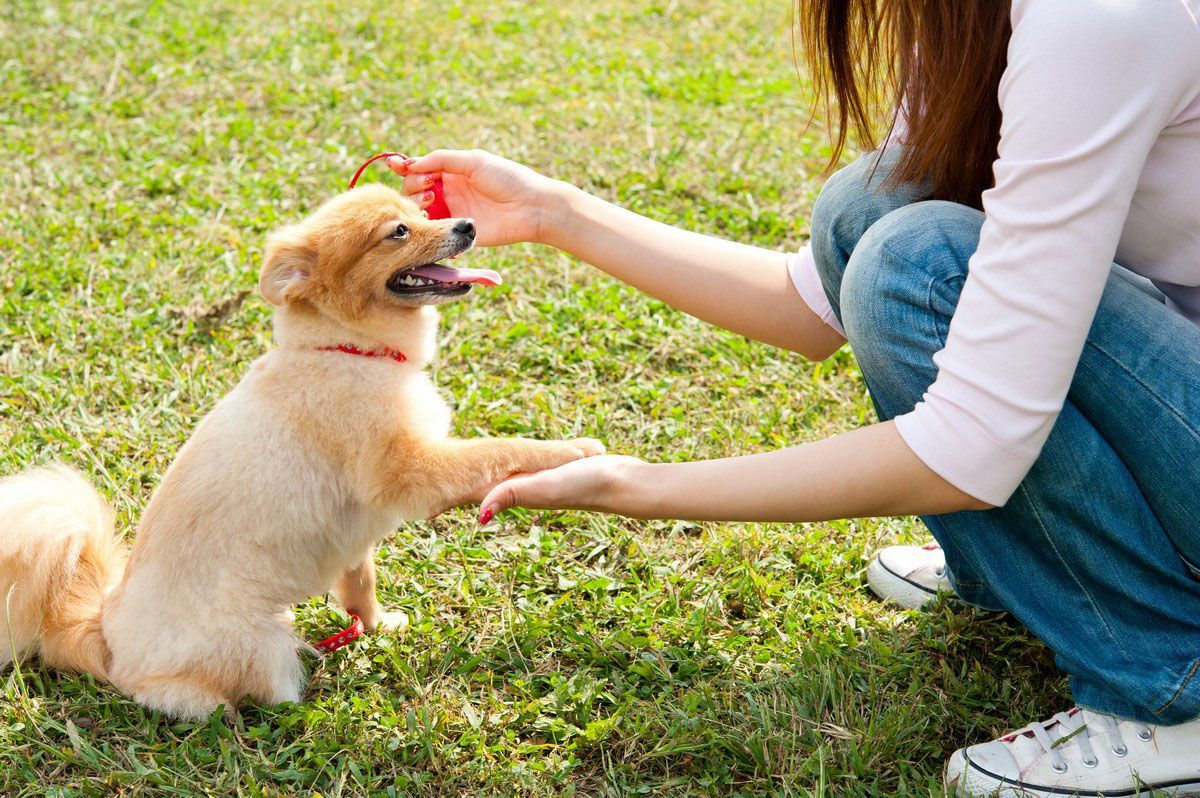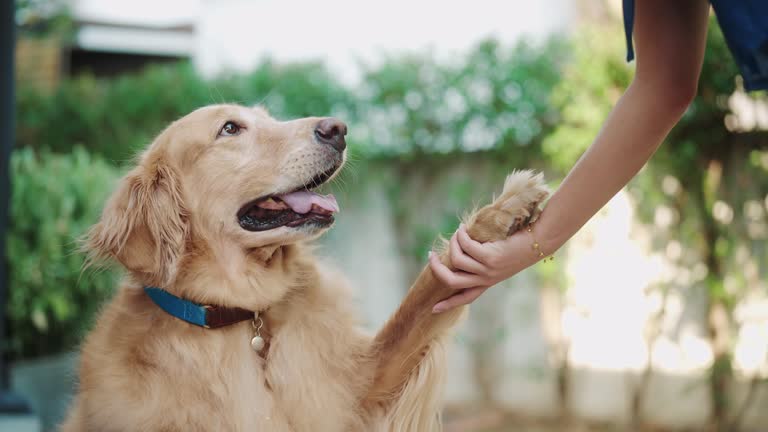
Dog Aggression Towards Shadows: Why It Happens and Solutions
Share
If youve ever watched your beloved canine suddenly bark, growl, or even lunge at seemingly nothing but a moving shadow, you're witnessing a phenomenon known as dog aggression towards shadows. This behavior can be perplexing for many pet owners, leaving them wondering why their calm and loving companion suddenly turns aggressive towards something as benign as a shadow.
Understanding the root causes of this behavior is essential, especially for health-conscious pet owners who strive to maintain a harmonious environment for their pets. Tackling this issue not only ensures safety but also promotes mental well-being in dogs.

Understanding the Phenomenon of Dog Aggression Towards Shadows
This form of aggression is often triggered by a combination of factors. Unlike traditional triggers such as an unfamiliar person or an animal intrusion, shadows are deceptive and can move abruptly and unpredictably, which might confuse a dog. Dogs rely heavily on visual cues, and since a shadow can appear and disappear without warning, it might be perceived as a potential threat.
Additionally, the uniqueness of each dog's personality plays a crucial role. Some dogs might have a heightened sensory system that makes them more susceptible to such triggers. To delve deeper into similar aggression patterns, such as dog aggression towards mirrors, can provide further insights.
Potential Causes Behind Shadow Aggression
While it might seem odd, there are several plausible explanations for this behavior:
1. Lack of Mental Stimulation: Dogs are intelligent creatures. When their environment lacks stimulation, they might create scenarios or targets, like shadows, to engage their minds.
2. Vision or Perception Issues: Dogs with poor eyesight or issues related to perception may misinterpret shadows as moving objects or potential threats.
3. Past Trauma or Stress: Dogs with a history of trauma may be more prone to see ordinary things as threats. A related type of aggression can be explored in cases of dog aggression towards the TV.
Addressing Aggression: Training and Solutions
Recognizing and addressing dog aggression towards shadows involves a combination of observing your pets behavior and deploying efficient training techniques. The following steps can help:
Regular Exercise and Mental Stimulation: Ensuring your dog has enough physical activity and mental challenges can significantly reduce their inclination towards shadow chasing. Consider exploring top dog training tips to find suitable exercises.
Behavioral Training: Training is essential for modifying any inappropriate behavior. Positive reinforcement is a particularly effective approach when countering aggressive tendencies.
Consulting Professionals: If your dogs aggression is severe, seeking the skills of a professional dog trainer may be advisable. You can explore expert dog training advice to better understand how professionals address such issues.
Prevention and Management
Preventing aggression, especially in a controlled environment, is more feasible than dealing with the problem later. Here are management tips:
Creating a Safe Space: A familiar and safe environment can lower anxiety triggers for dogs.
Observe and Adapt: Continuously observe changes in your dog's behavior and adapt their surroundings to minimize any potential triggers. For a detailed understanding of why a dog may become aggressive towards other objects, the article on dog aggression towards reflections is insightful.

FAQs
Why does my dog react aggressively to shadows?
Dogs might perceive shadows as something real and tangible, especially if they have heightened senses. This can lead them to treat shadows as potential threats.
How can I stop my dog from being aggressive towards shadows?
Begin by providing adequate mental and physical stimulation. Training with positive reinforcements and perhaps seeking professional help are practical steps.
Could this behavior indicate health issues?
Yes, in some cases, aggression towards shadows might hint at underlying vision or neurological issues. Its advisable to consult with a vet to rule out any medical concerns.
This article contains affiliate links. We may earn a commission at no extra cost to you.
